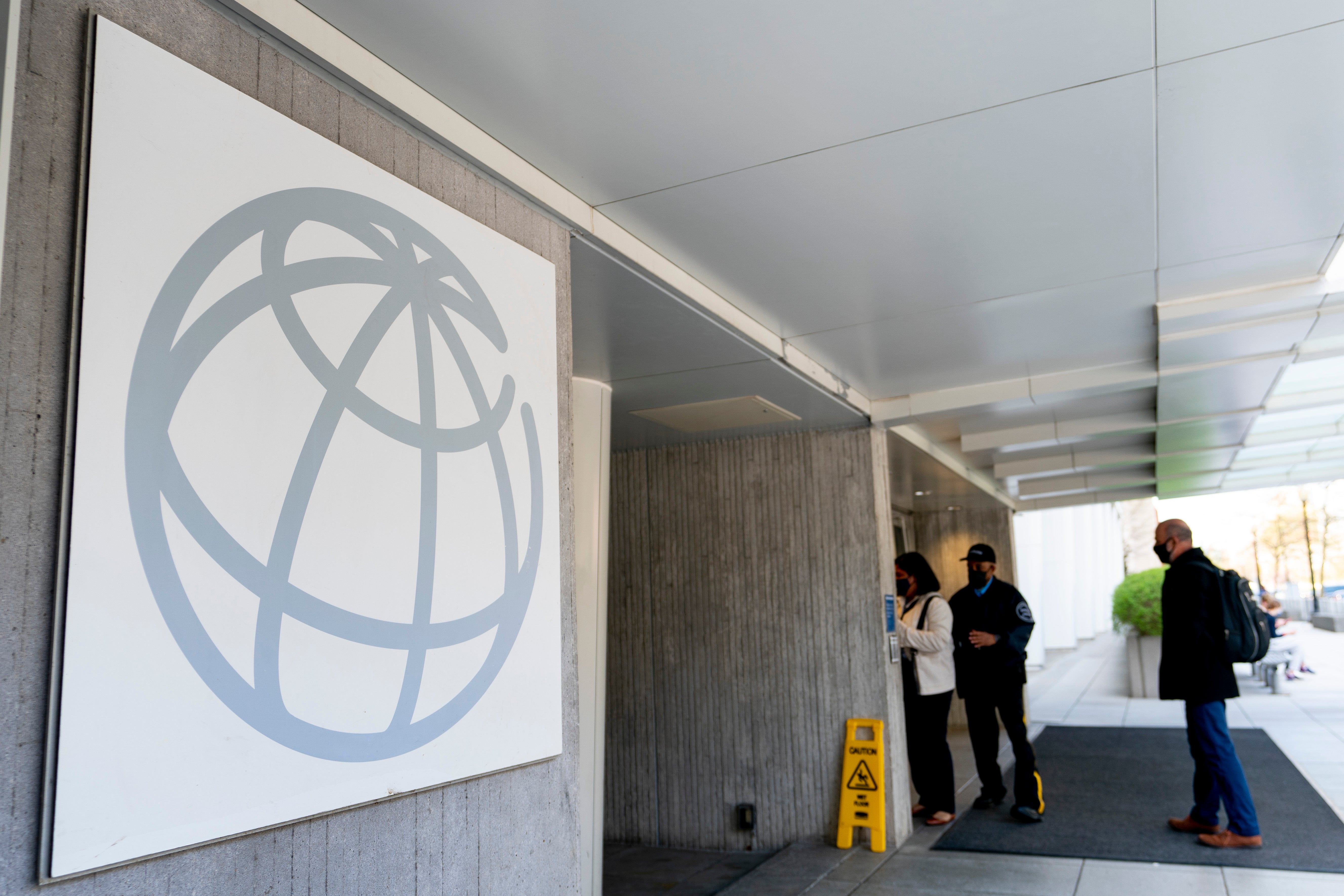Outbreaks, bottlenecks expected to slow global growth in '22
The World Bank is downgrading its outlook for the global economy

Your support helps us to tell the story
From reproductive rights to climate change to Big Tech, The Independent is on the ground when the story is developing. Whether it's investigating the financials of Elon Musk's pro-Trump PAC or producing our latest documentary, 'The A Word', which shines a light on the American women fighting for reproductive rights, we know how important it is to parse out the facts from the messaging.
At such a critical moment in US history, we need reporters on the ground. Your donation allows us to keep sending journalists to speak to both sides of the story.
The Independent is trusted by Americans across the entire political spectrum. And unlike many other quality news outlets, we choose not to lock Americans out of our reporting and analysis with paywalls. We believe quality journalism should be available to everyone, paid for by those who can afford it.
Your support makes all the difference.The World Bank is downgrading its outlook for the global economy, blaming continuing outbreaks of COVID-19, a reduction in government economic support and ongoing bottlenecks in global supply chains.
The 189-country, anti-poverty agency forecasts worldwide economic growth of 4.1% this year, down from the 4.3% growth it was forecasting last June. It's also down from the 5.5% expansion it estimates the global economy tallied in 2021.
In its Global Economic Prospects report out Tuesday, the World Bank projects that the U.S. economy will grow 3.7% this year, down from 5.6% in 2021. It expects China the world’s second-biggest economy, to see growth decelerate to 5.1% in 2022 from 8% last year.
The 19 European countries that share the euro currency are expected to collectively grow 4.2% this year, down from 5.2% in 2021. And Japan is forecast to register 2.9% growth in 2022, up from 1.7% last year.
Emerging and developing economies are forecast to collectively grow 4.6% this year, down from 6.3% in 2021.
The arrival of COVID-19 in early 2020 slammed global economic output. The world economy shrank by 3.4% in 2020. Massive relief provided by governments and super-low interest rates engineered by central banks — and eventually the rollout of vaccines — triggered an unexpectedly strong recovery last year.
But the speed of the rebound caught businesses by surprise. They have scrambled to find raw materials and supplies to meet customer demand and the ships, trains and trucks to transport them. Especially in the United States, they have struggled to find workers to fill job openings.
One result has been the highest global inflation rates since 2008. Central banks are now reducing their support for economic growth and considered raising interest rates to combat higher prices.
“The world economy is simultaneously facing COVID-19, inflation, and policy uncertainty, with government spending and monetary policies in uncharted territory,” World Bank President David Malpass said.